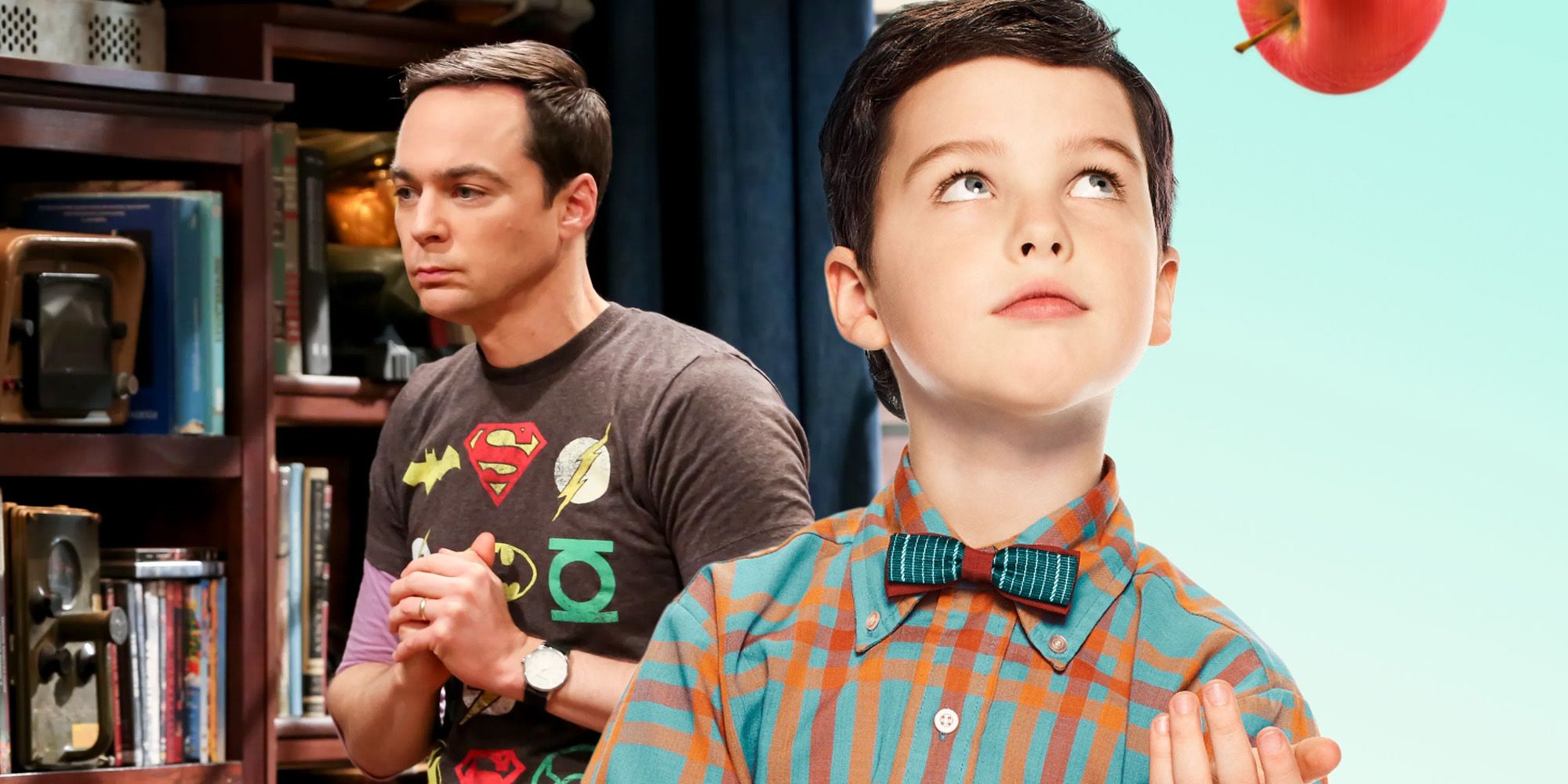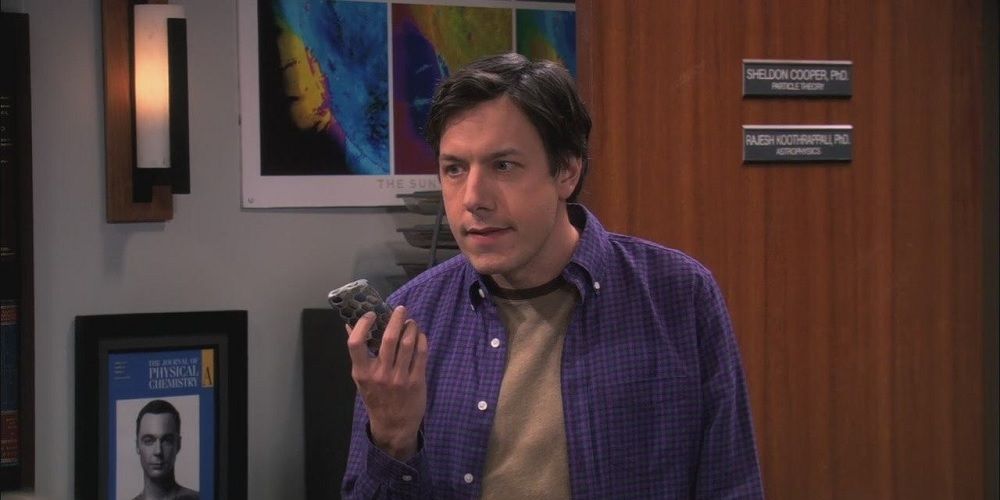Warning! Spoiler ahead for Young Sheldon season 5, episode 5, "Stuffed Animals and A Sweet Southern Syzygy."
The spin-off Young Sheldon created a brand new inconsistency regarding its depiction of Sheldon compared to his older counterpart in The Big Bang Theory. As a prequel, the ongoing CBS sitcom is meant to build on what was already established in the parent series. However, Young Sheldon has actually created several plot holes for The Big Bang Theory's canon, and now, it might have added a brand new one to the growing list.
The Big Bang Theory ended on an emotional note that saw adult Sheldon (Jim Parsons) achieve his dream of winning the Nobel Prize in Physics for his work with Amy (Mayim Bialik) on Super Asymmetry. Since then, Young Sheldon has been standing on its own, telling an entirely different narrative while regularly referencing the events of the original sitcom. It's no secret that the prequel has been criticized for its lax approach to preserving continuity; while the shows share several characters, they're significantly different from each other. Sheldon may be the only one who resembles his The Big Bang Theory version; however, that doesn't mean that there aren't some big differences between them.
In Young Sheldon season 5, episode 5, titled "Stuffed Animals and A Sweet Southern Syzygy," Sheldon was working closely with Dr. Linkletter (Ed Begley Jr.) when they encountered a hurdle. They got stuck solving a Physics equation, and Sheldon figured that Dr. Sturgis (Wallace Shawn), who's currently working at the supermarket, could help them with the issue. But, given the rivalry between the seasoned professors, Dr. Linkletter didn't want to let his academic nemesis know that he's stuck. Thanks to some words of wisdom from his dad, Sheldon went ahead and asked for Dr. Sturgis to be involved anyway. Lo and behold, he was able to figure out what was wrong. Sheldon was particularly proud of this achievement, despite the bickering between his mentors. Like George Cooper Sr. (Lance Barber), he believed in working with other people if they have a similar goal and he's convinced that they're all in Team Science. This is all good, but it also contradicts Sheldon's stance on the matter in The Big Bang Theory when he was forced to work with Barry Kripke (John Ross Bowie) for a grant.
In The Big Bang Theory season 6, episode 14, titled "The Cooper/Kripke Inversion," the characters were initially working separately on grant proposals for a new fusion reactor, but CalTech could only submit one entry. Instead of competing with each other, they were instructed to work in tandem. But, expectedly, Sheldon shut down the idea, saying that it didn't make sense to partner up with someone who's not on the same intellectual level as he was, despite them being dubbed rivals. In fact, even working with his own friends was difficult for Sheldon. He once teamed up with Raj (Kunal Nayyar) in The Big Bang Theory season 3, episode 4, titled "The Pirate Solution" when the latter was threatened to be forced back to India. Granted that Sheldon was the one to suggest that they explore string theory from gamma-ray dark matter annihilations, he was clear that it was acceptable because the set-up was that Raj would work for him, instead of with him. He needed to impose this so he didn't feel threatened the same way Dr. Linkletter was with Dr. Sturgis' involvement in Young Sheldon season 5.
The only successful work partnership Sheldon has really had was with Amy in The Big Bang Theory, but even that wasn't exactly smooth sailing. Still, Sheldon didn't feel intimidated because he was assured that Amy loved him so they were able to continue. If only he was more open to the idea of collaborations like his younger self is in Young Sheldon, it's curious if he was able to achieve more earlier.


